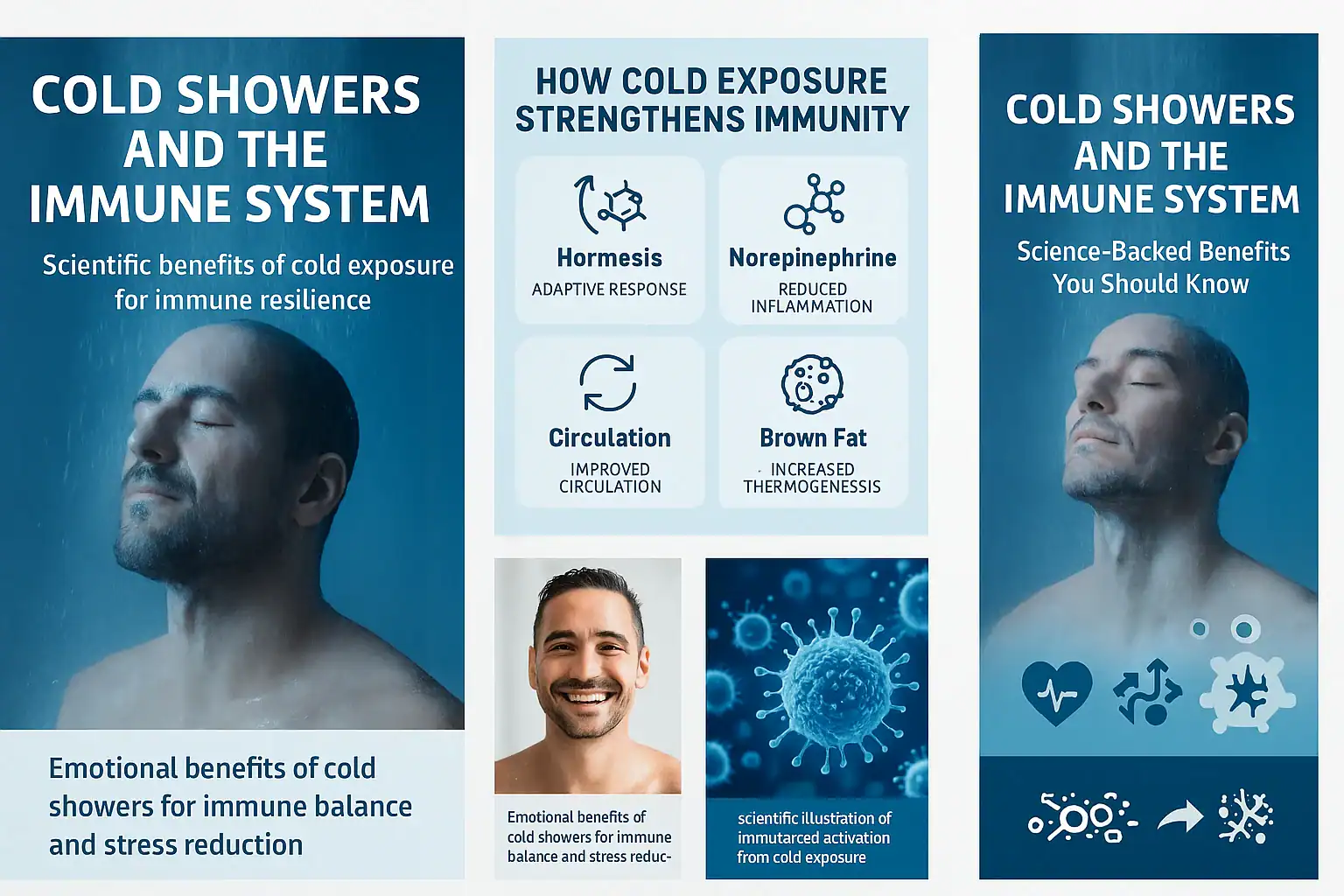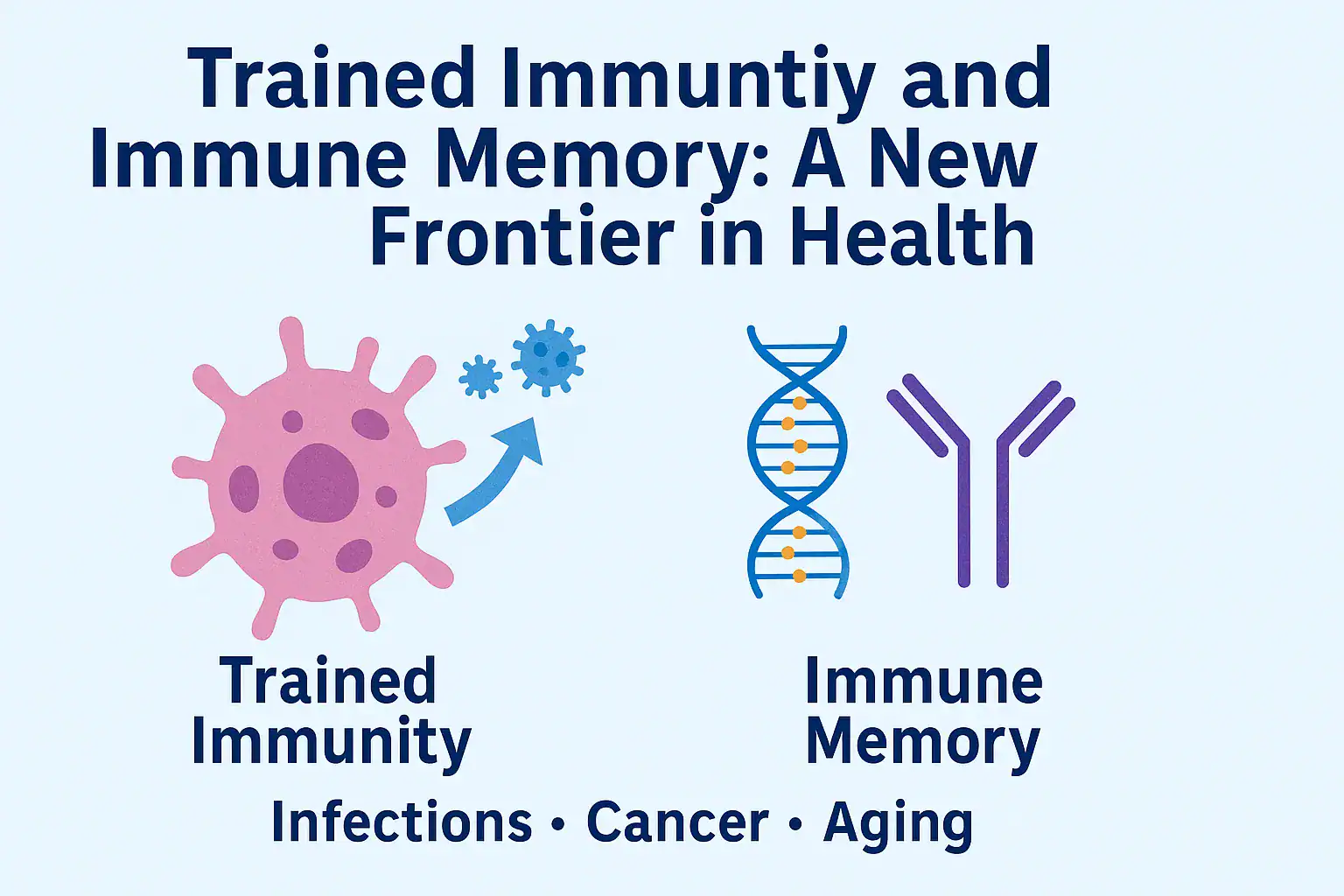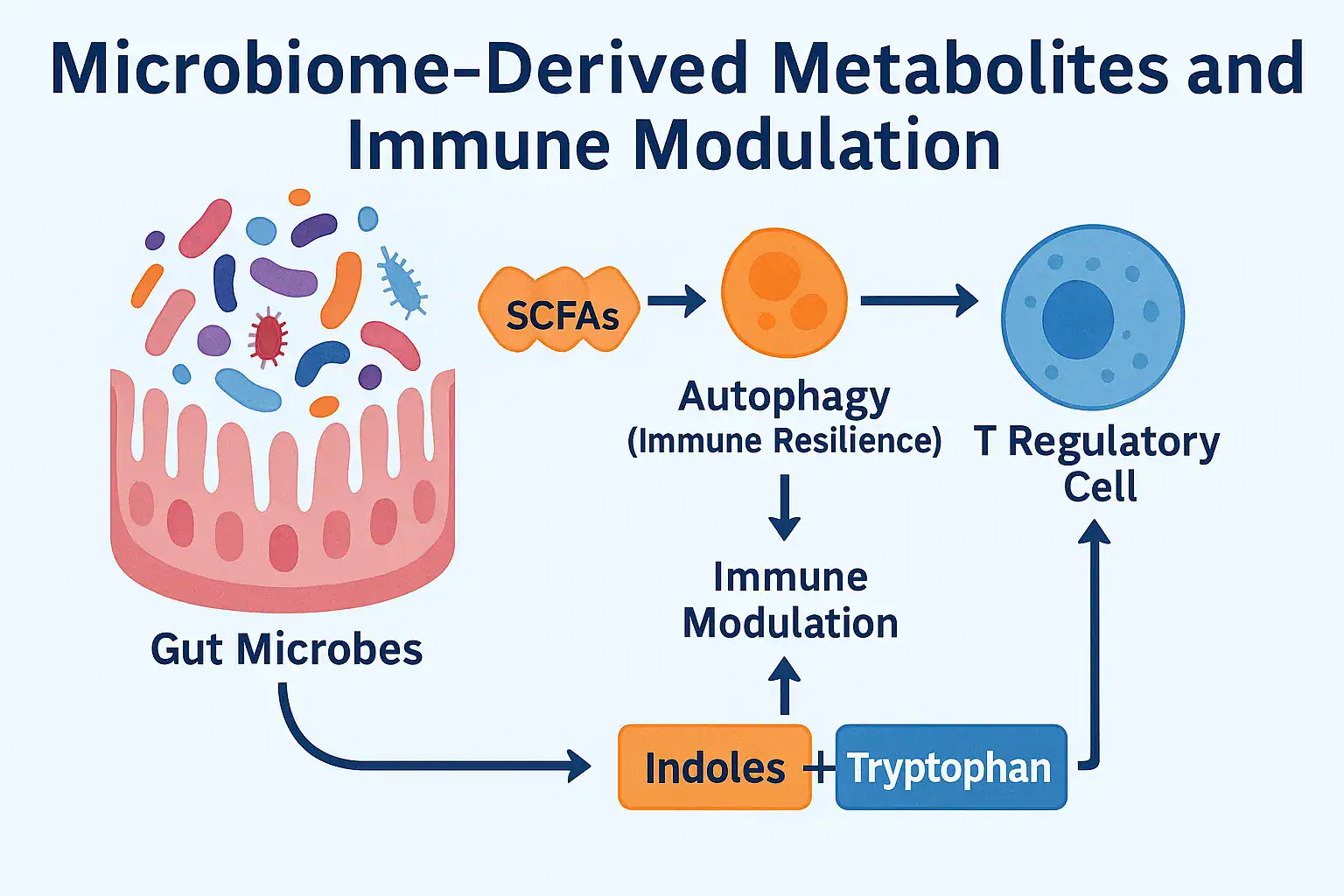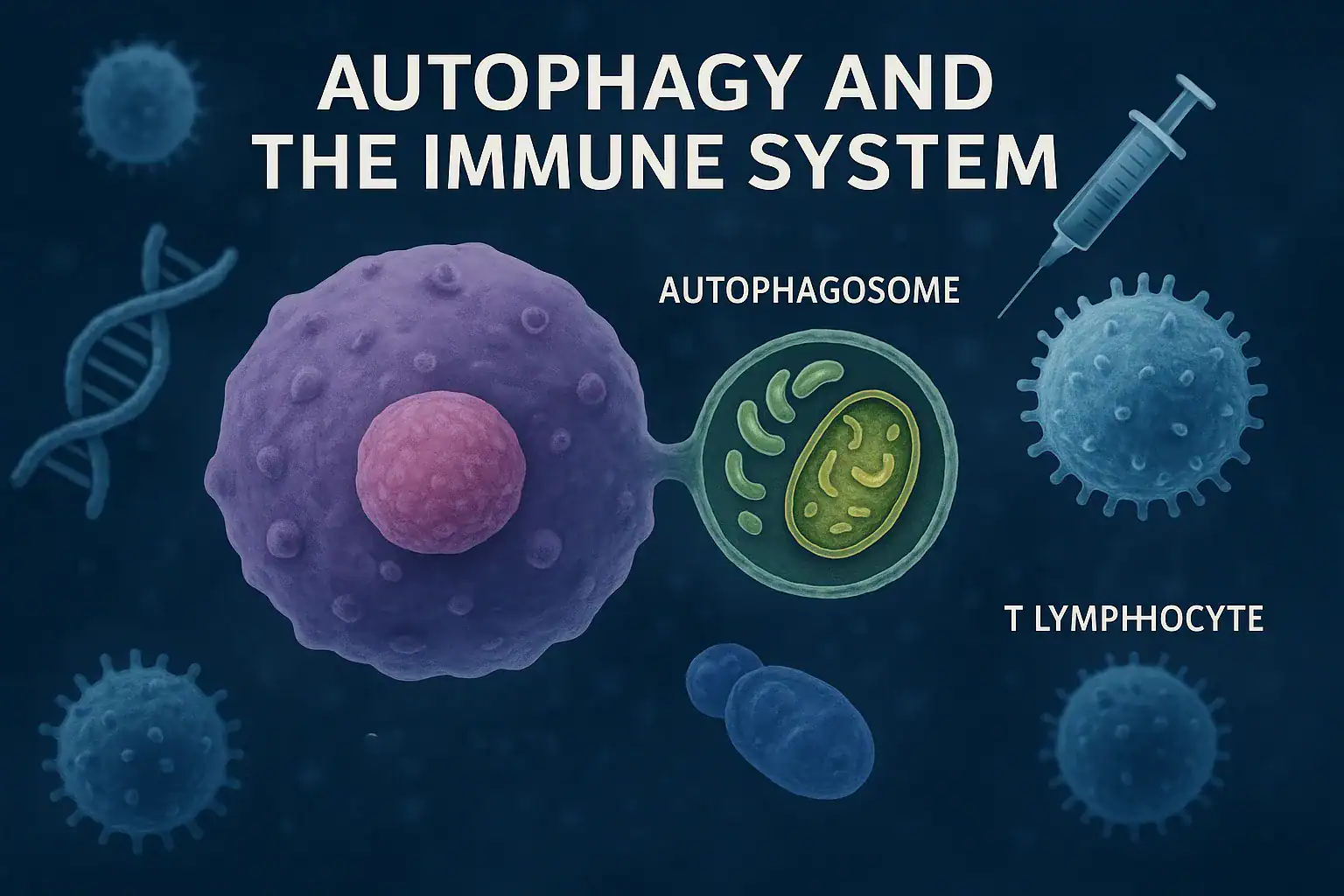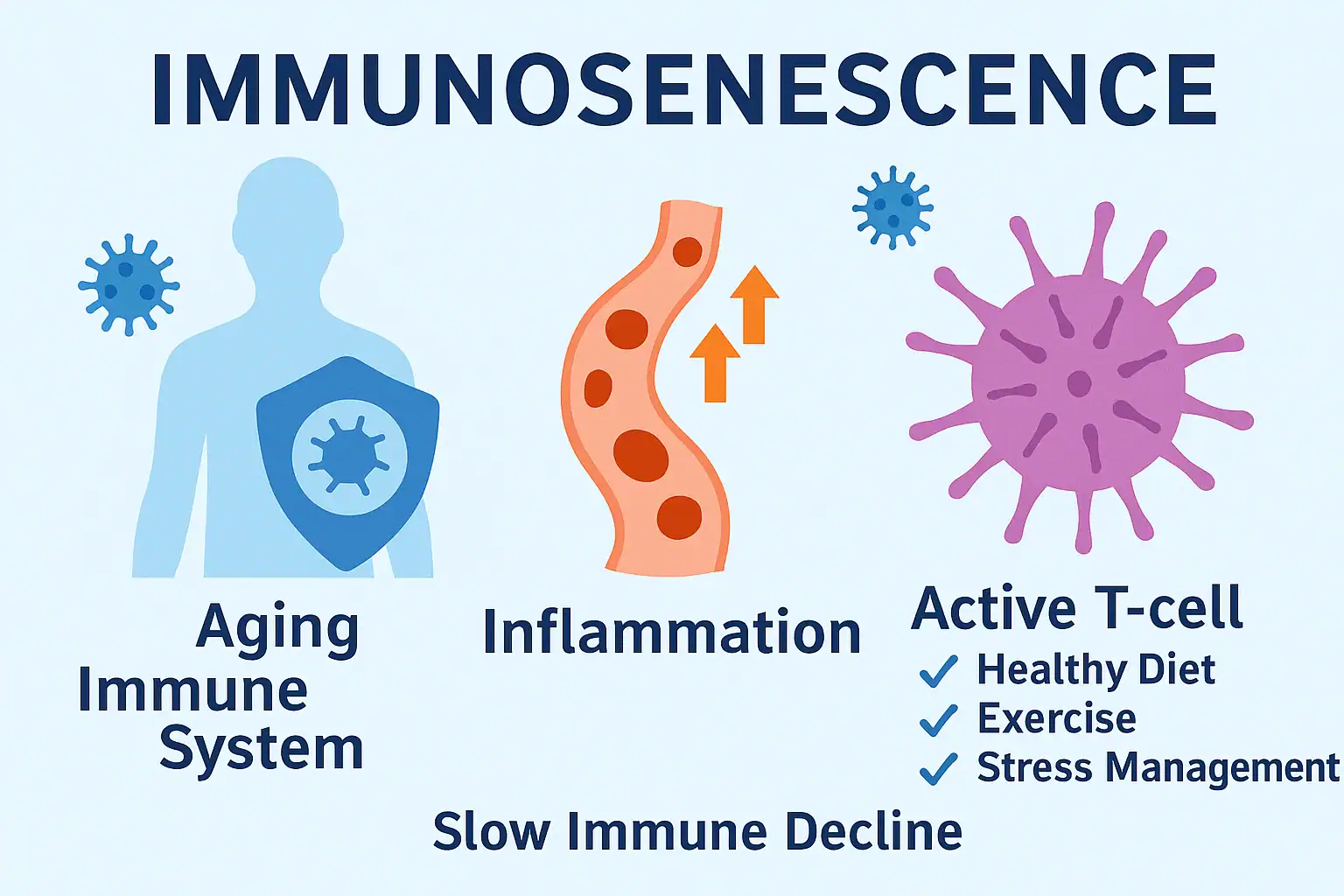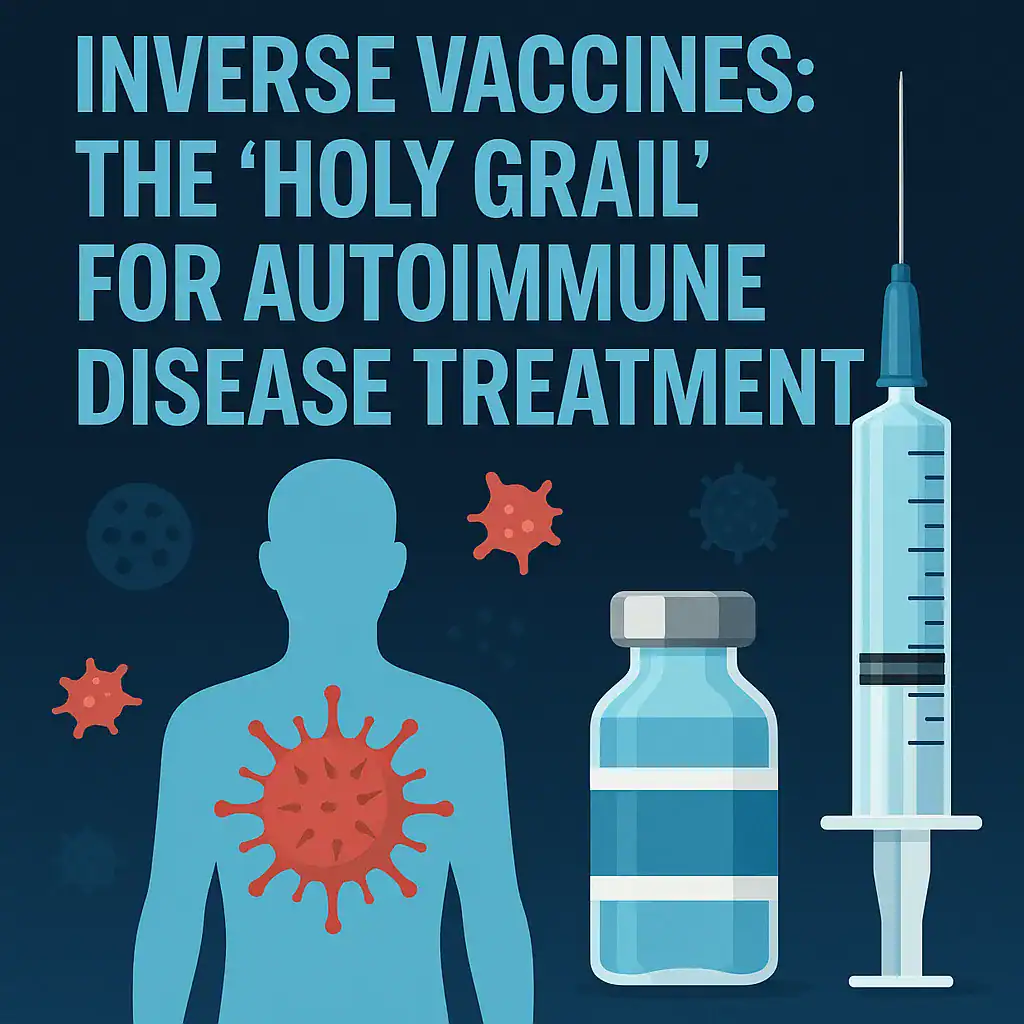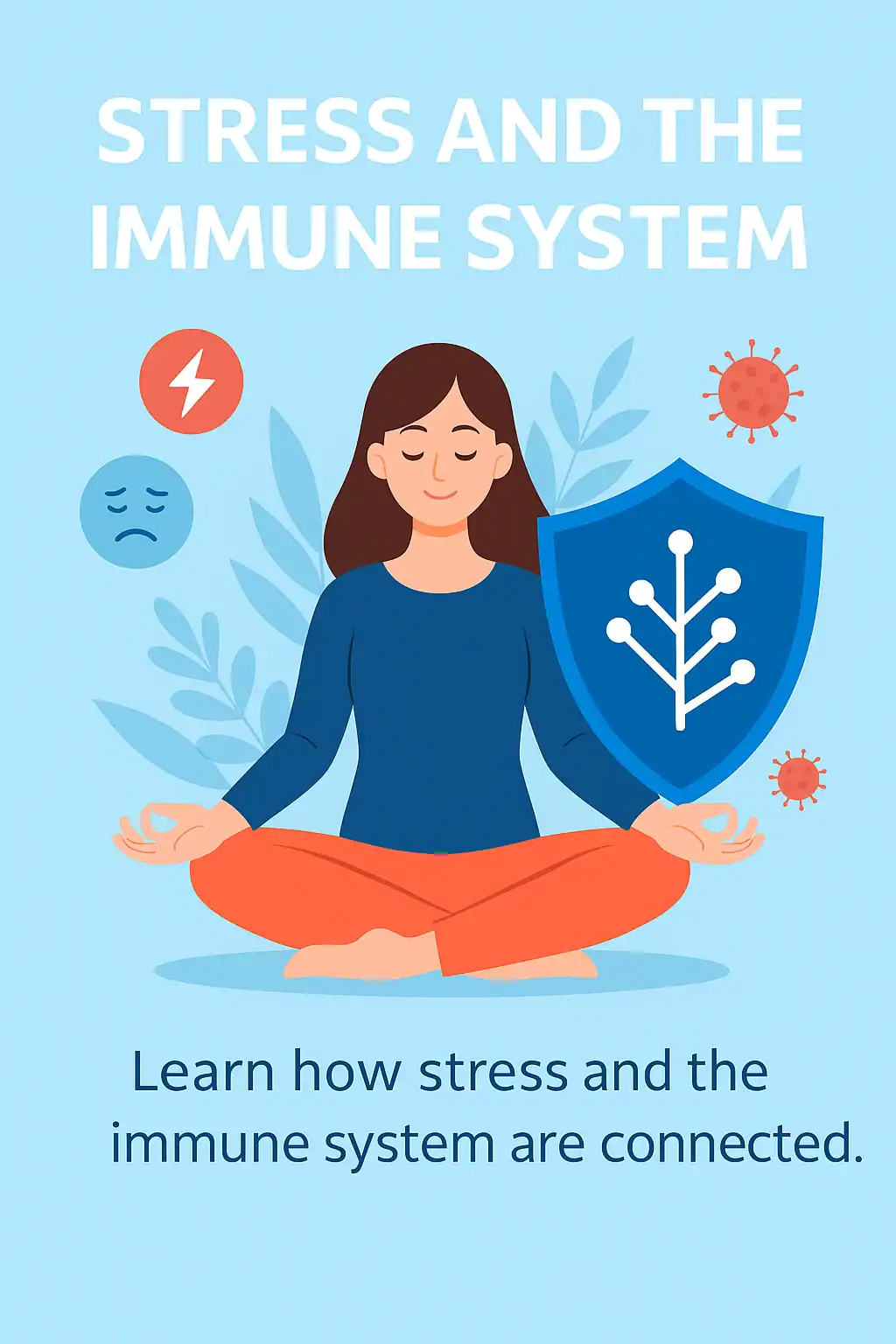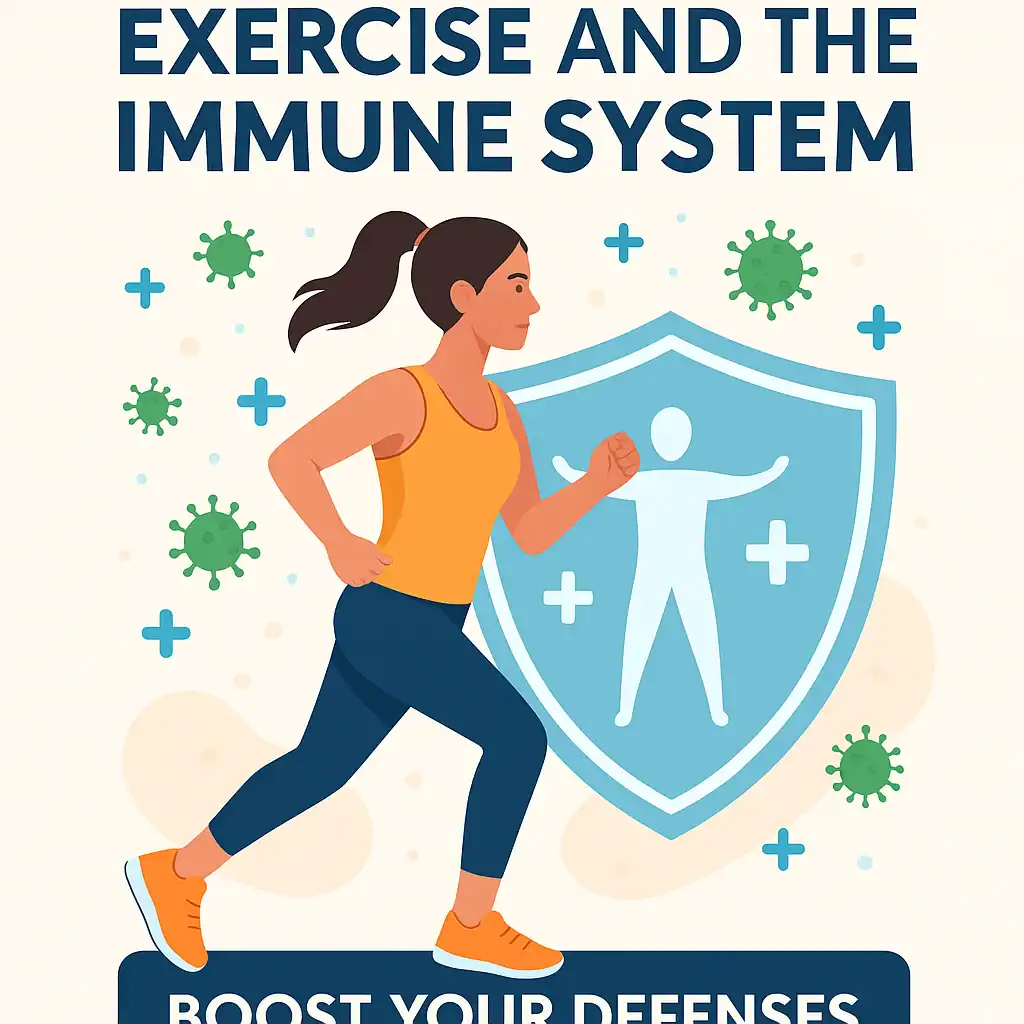Cold Showers and the Immune System
Cold showers and the immune system are deeply connected — far beyond what most people imagine. What seems like a simple wellness habit has strong scientific foundations that show how brief exposure to cold can influence immunity, inflammation, and mental resilience. The idea that something as basic as a cold shower can strengthen immune function … Ler mais
